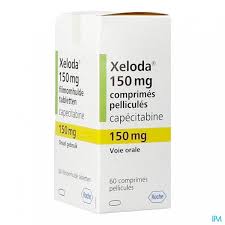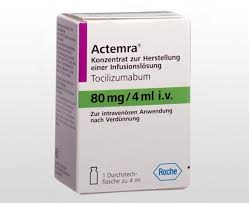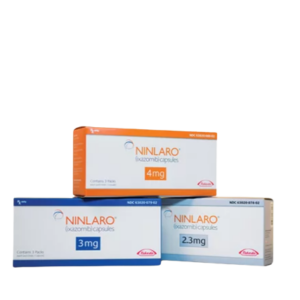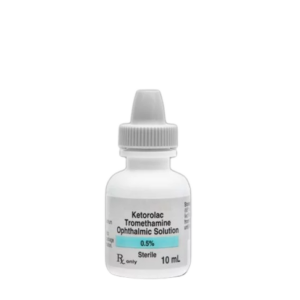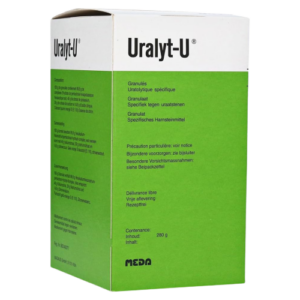Condition : New
0
From UAE
To United States
in 5-10 days
Description
Xeloda 150 mg (60 Tablets) – Product Overview
Product Description: Xeloda (capecitabine) is an oral chemotherapy medication used to treat various cancers, including breast and colorectal cancer. Each 150 mg tablet is light peach, oblong, and film-coated. The medication works by interfering with DNA production in cancer cells, thereby inhibiting their growth. Pros:- Oral Administration: Convenient for at-home treatment.
- Effective: Proven efficacy in treating certain types of cancer.
- Versatile: Used for multiple cancer types.
- FDA Approved: Ensures thorough testing for safety and efficacy.
- High Cost: Approximately $866 for a 60-tablet supply in the U.S.
- Side Effects: Common issues include nausea, diarrhea, and hand-foot syndrome.
- Strict Regimen: Requires precise adherence to dosage schedules.
- Interactions: Potential interactions with other medications.
- U.S.: Around $14.43 per tablet ($866 for 60 tablets)
- Generic Version (Capecitabine): Available for about $2.39 per tablet ($143.38 for 60 tablets)
- International Prices: Prices can vary, often lower than in the U.S.
Related products
-
Uncategorized
Uralyt-U Exporter in Dubai, UAE | Best Price | Express Shipping | Long Expiry
Rated 0 out of 5د.إ52.00د.إ45.00

